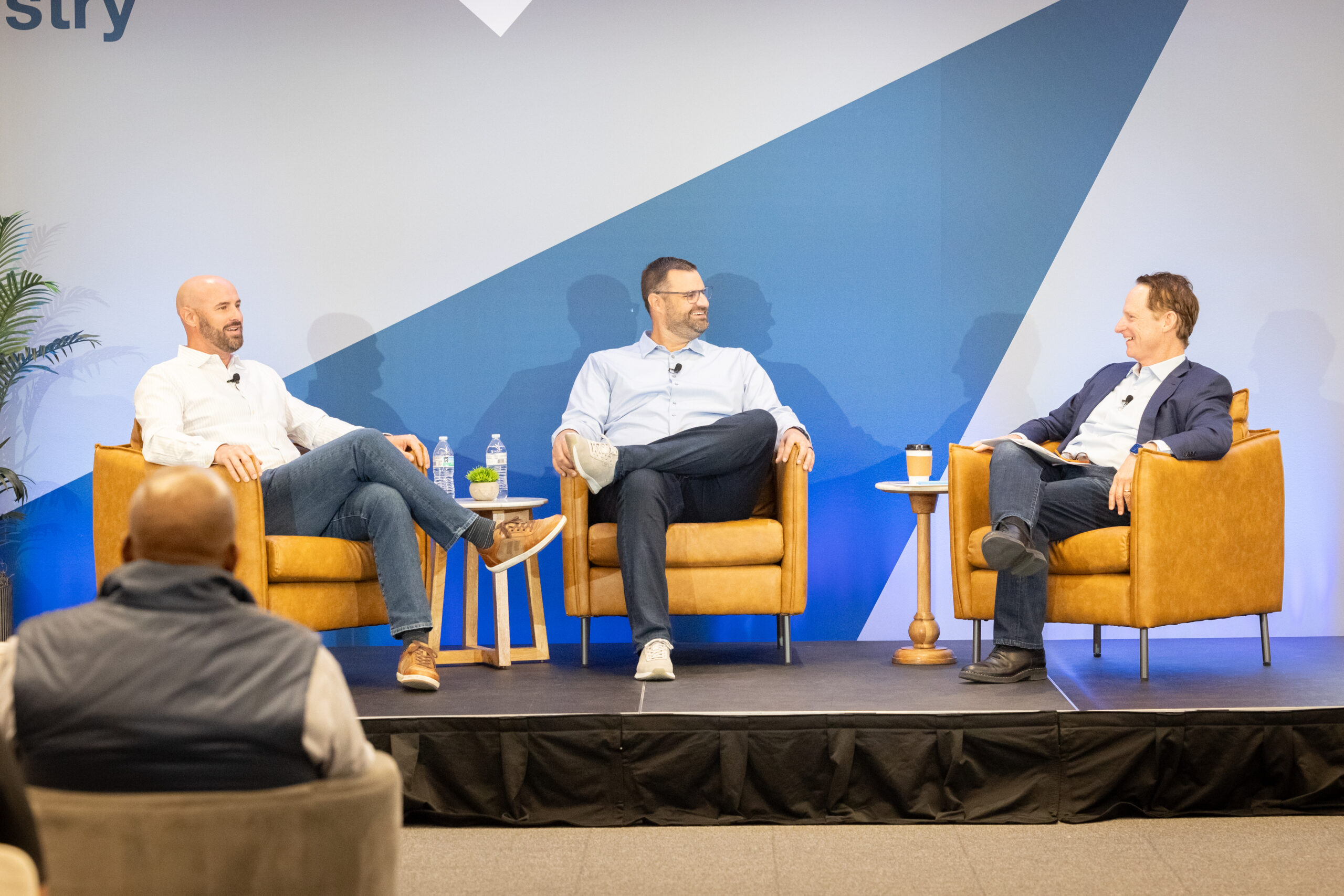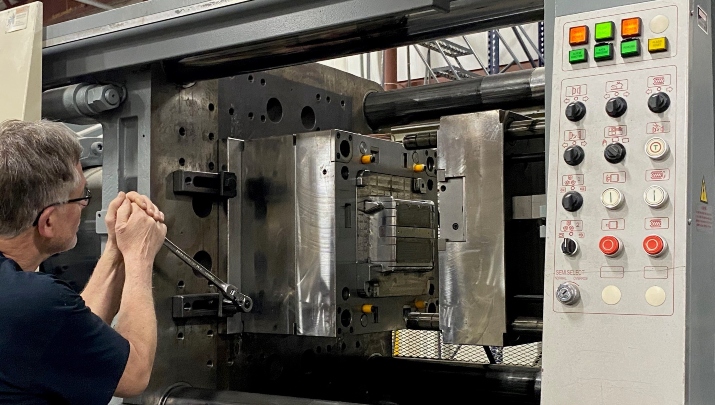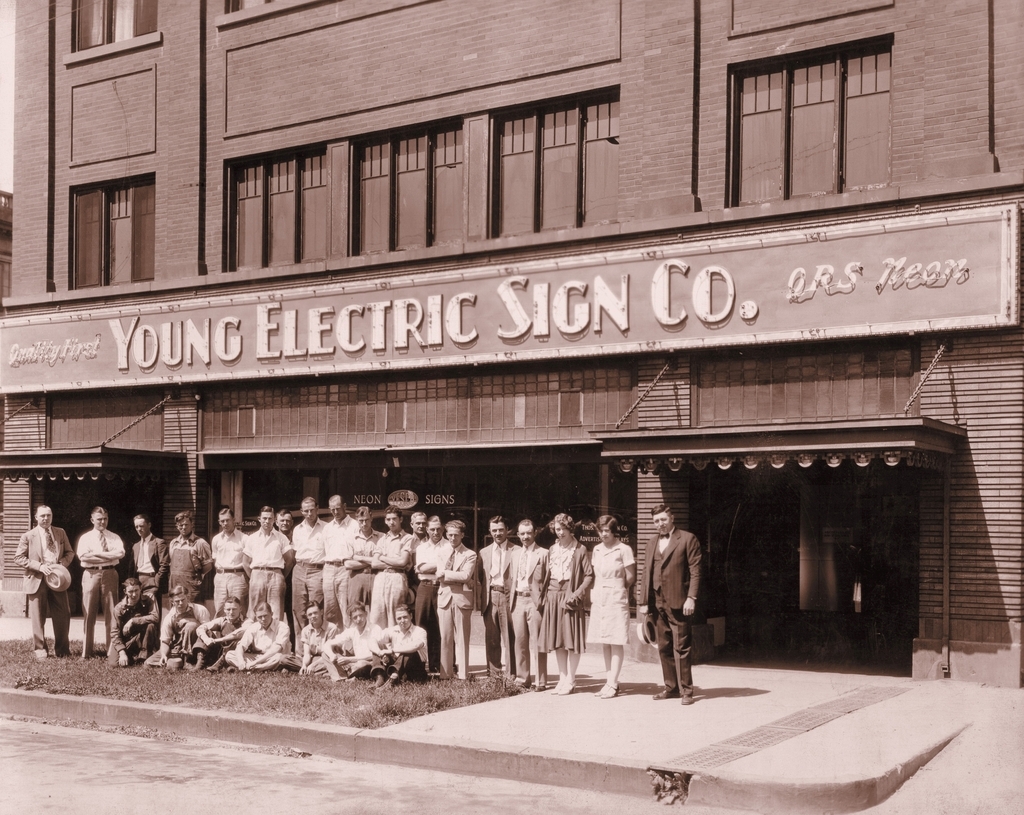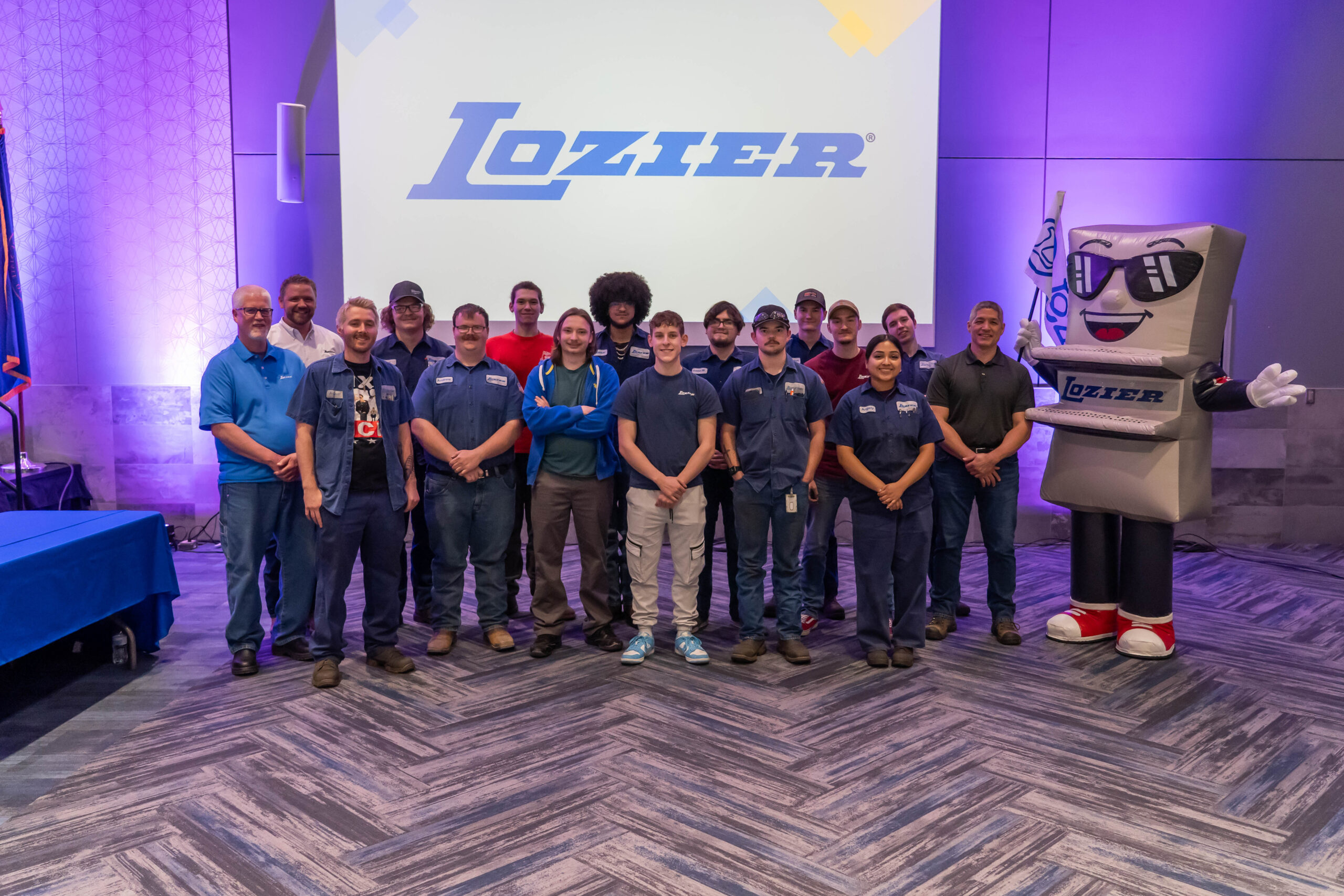

How To Harness What I Call Ketchum Flow
- Scott Carlin
- Flow Media Partners
Six years ago, my family and I left our busy lives in Los Angeles and moved to Ketchum, Idaho, a town we initially thought of as a vacation spot. Our decision was not based on hours of agonizing discussions. Instead, it was based on feeling and instinct.
In no time at all, I dropped into the Ketchum lifestyle, learning to fly fish, white-water kayak and mountain bike, all in the springtime of my mid-50s. Trail running became an obsession. I found these new activities all had one thing in common: They all triggered and engaged me in the experience of flow. I have since come to apply the techniques of flow to all parts of my life, with dramatic results. I am happier, more productive and more focused.
I’ll return to my story in a moment, but first let’s define what flow is and why it’s important, especially to an Evergreen business. Many of us have experienced flow, particularly during some kind of athletic endeavor. It’s often referred to as being in the zone. It’s those times of uninterrupted concentration, focused on a specific goal when you are responding to instantaneous feedback. Time collapses. You perform optimally. You are so involved in an activity that nothing else seems to matter. As explained by Steve Kotler, co-founder of the Flow Genome Project and author of The Rise of Superman: Decoding the Science of Ultimate Human Performance, flow has four key attributes: selflessness, timelessness, effortlessness and richness. The synthesis of these is what drives creativity, enhances performance and generates deep sensations of satisfaction and joy.
This might sound a bit fuzzy, but there’s a real science to flow and deep data that quantifies its impact. The reason flow amplifies performance, learning and creativity is that when a person is in flow the brain produces a cascade of neurochemicals: norepinephrine, dopamine, anandamide, serotonin and endorphins. All of these are performance-enhancing chemicals and feel-good drugs. A 2013 study by McKinsey & Co. found that when executives operated at peak levels — in flow — their productivity increased fivefold. Unfortunately, these same execs reported they and their employees were in flow just 10 percent of the time. Imagine the potential outcomes of boosting that number.
So, how can we learn to tap into a flow state more regularly? Experts in this space believe one trigger is to do something of a high consequence, to take a risk. Risk drives focus in very specific ways. Fortunately, it doesn’t have to be physical risk. It can include leaning into business-related ideas that have some element of social, creative or environmental uncertainty. Taking risks, moving out of a comfort zone triggers the neurochemicals associated with flow, which are proven to help you focus and take in more information and process it quickly. Flow jacks up pattern recognition and makes it easier to link ideas together. It is this lateral thinking where the “a-ha!” moments of creativity can evolve.
I first learned about flow 20 years ago through the work of Hungarian psychologist Mihaly Csikszentmihalyi. At the time, I was working at the top of the media food chain, as a president for HBO and before that, Warner Bros. TV. Deeply intrigued as I was by the concept of flow, I didn’t apply the tools and techniques in any consistent manner.
Moving to Ketchum changed all that. I was surrounded by flow masters: extreme athletes and professional adventure junkies. I began testing my body in new ways. In the process, I learned the practical value of flow, because when you are bombing down a steep single-track trail on a mountain bike, wavering focus has immediate consequences that are quite unpleasant.
Ultimately, chasing flow states, in all aspects of my life, became a habit. Wanting to embrace the state as often as possible, I took a giant leap, left the corporate world for that of an entrepreneur and started what is today Flow Media Partners, a media advisory and transactional company I run out of Ketchum.
Surrendering to the unknown felt surprisingly exciting and satisfying, perhaps because I was unattached to any particular outcome. All that mattered was the possibility of the moment. That’s when things began flowing. In no time at all new connections, new projects and new experiences came flying into my world. I even coined a phrase for my state of mind at that time: Ketchum Flow.
I became more comfortable pursuing riskier ideas. For example, the day Oprah Winfrey announced she would be ending her talk show, my former partner at Warner Bros. TV, Dick Robertson, called with an idea to put Rosie O’Donnell back on TV in Oprah’s time slots. We had syndicated “The Rosie O’Donnell Show” back in 1996, and for six years it had been the second most successful talk show behind Oprah’s. The decision to do this happened in an instant even though it put us over the tip of our skis with no safety net.
Since Rosie’s original show had gone off the air, many industry insiders viewed her as damaged goods and high-risk. To us, we knew what she was capable of and believed she could, with the right show, succeed in the slipstream left by Oprah’s wake. We decided to do all of this without a studio behind us, something our counterparts in the industry thought was crazy. But we ultimately made a deal for the show with the NBC Owned and Operated Stations and the Oprah Winfrey Network. Unfortunately, “The Rosie Show” did not perform as hoped, but the deal was immensely lucrative for all the partners.
In many ways, Evergreen companies are more naturally designed to embrace and foster flow, if for no other reason than that they play for the long game and are not bound by the Pavlovian demands of quarterly earnings reports or the arbitrary exit strategies of private equity firms.
To create a flow-encouraging environment, give employees the freedom to step over the edge. They have to know the business allows them to take chances, but they need to feel safe doing so. There are different ways to foster this culture. For example, company leaders can host seminars or training sessions on flow.
This quote from Steve Kotler feels meaningful for Evergreen executives: “If your company is not incentivizing risk, you are denying access to flow.”
Scott Carlin is the Founder of Flow Media Partners.
More Articles and Videos

Fireside Chat with Dave Thrasher, Dan Thrasher, and Dave Whorton
- Dave Thrasher, Dan Thrasher, & Dave Whorton
- Supportworks and Thrasher Group

Get Evergreen insight and wisdom delivered to your inbox every week
By signing up, you understand and agree that we will store, process and manage your personal information according to our Privacy Policy






